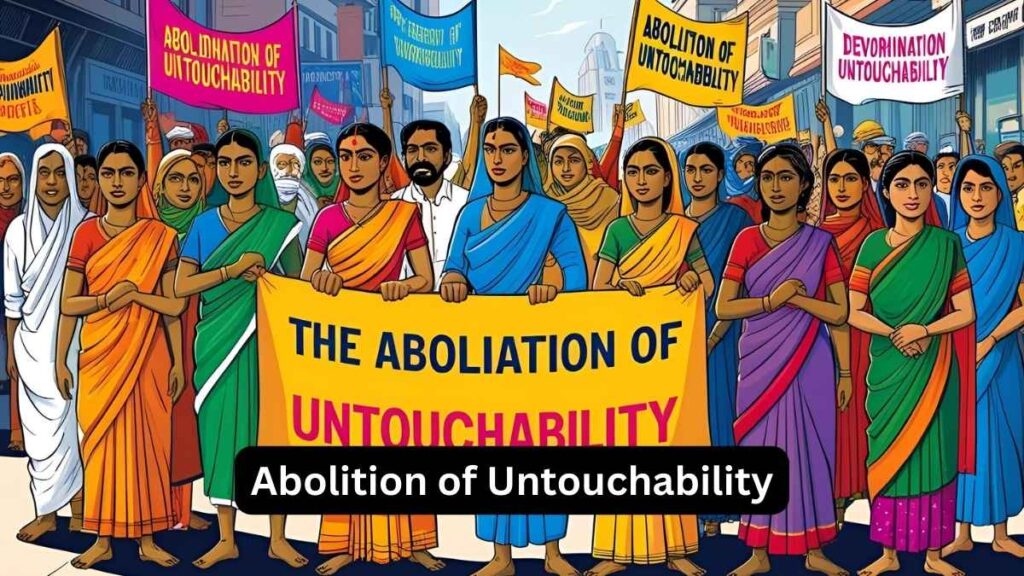Font size:
Print
Heatwave could hit farming: ADB
Context:
India’s economy faces risks from weak global demand and disruptions in oil supplies, potentially affecting export growth and raising energy costs and inflation, as per the Asian Development Bank’s country director for India, Mio Oka.
More in News:
- Ongoing heatwaves and the monsoon season significantly affect agriculture and the rural economy.
- Global inflation has eased but remains high in many economies.
- In India, inflation has decreased due to tighter monetary policy, but food prices are still high.
- A favourable monsoon and kharif season could help lower food prices, bring consumer inflation closer to the 4% target, and possibly allow for easing monetary policy.
Impact of Heatwave on Agriculture:
- Heatwaves pose a significant threat to farming in India.
- Soil productivity and crop yields are at risk due to extreme temperatures.
- Favourable monsoon conditions could mitigate the impact by lowering food prices.
- Climate change exacerbates drought, drying soil, and altering rainfall patterns, damaging crops.
- Productivity losses in agriculture jeopardise the livelihoods of millions of farmers.
- Government urged to focus on policy priorities like land and labour market reforms.
- Reduction of carbon intensity and enhancing adaptability to climate goals is essential.

Economic Performance in FY24:
- Geopolitical and Economic Influences:
- FY24 experienced geopolitical conflicts and slow growth in advanced economies.
- Sluggish growth and lower demand impacted exports.
- Geopolitical tensions caused volatility in energy prices.
- Growth Amid Global Slowdown:
- Despite the global slowdown, India remains the fastest-growing major economy.
- Government estimates predict a 7.6% GDP growth in FY24.
- The economy registered 8.4% growth in the December quarter, driven by robust performance in manufacturing, electricity, and construction sectors.
- CPI-based retail inflation has been easing since December 2023, reaching 4.83% in April.
ADB’s Outlook and Recommendations
- Economic Outlook:
- ADB expects Indian GDP to grow by 7% in 2024-25.
- The Indian government has managed economic turbulence well, maintaining robust macroeconomic parameters.
- Investment and Services Sector:
- Strong investment expenditure, supported by government capital expenditure and rising private investments, drives growth.
- The services sector, genuine estate, financial, and business services, is expected to maintain strong momentum.
- Policy Priorities for the New Government:
- Focus on maintaining macroeconomic stability and fiscal consolidation.
- Prioritise capital expenditure, digitisation of the economy, and a business-friendly regulatory environment.
- Ensure reduction of carbon intensity and enhance adaptability to climate goals.
- Address land and labour market reforms, improve urban planning and governance, and increase investments in education and health.
About Asian Development Bank (ADB):
- ADB is committed to fostering economic growth and cooperation in Asia and the Pacific.
- Established in 1966, it is owned by 68 members, primarily from the region.
- A resolution passed in 1963 set the vision for ADB’s establishment during the first Ministerial Conference on Asian Economic Cooperation.
- ADB’s headquarters are in Manila, Philippines, and it began operations on December 19, 1966, with 31 member countries.
- Initially focused on food production and rural development, ADB has since expanded its scope to various development sectors.
India and ADB:
- India is a founding member and the fourth largest shareholder of ADB.
- ADB has been supporting India’s development goals since 1986.
- ADB has committed significant financial assistance to India, including loans, grants, and technical assistance.
- ADB’s sovereign portfolio in India consists of numerous loans totalling billions of dollars, supporting various development projects and initiatives.


